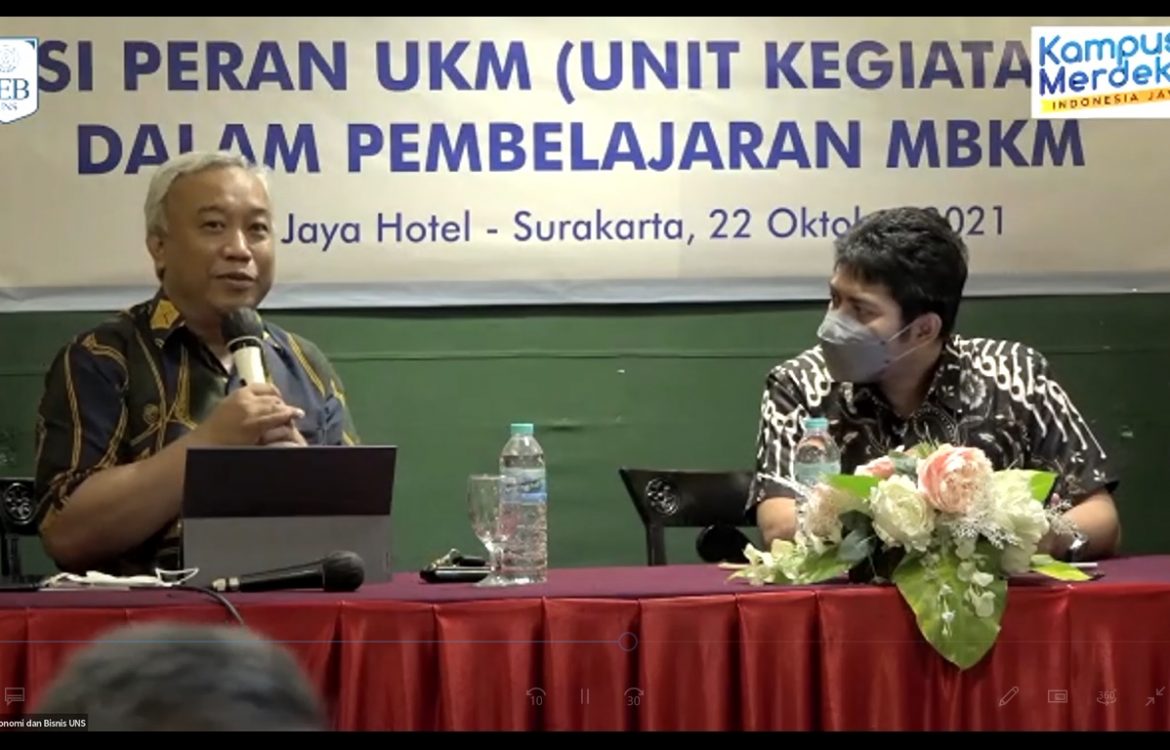
Inviting Two Speakers, FEB UNS Akrima Unit Optimizes the Role of Students Activity Units
The Academic, Research, and Student Affairs (Akrima) Unit, Faculty of Economics and Business (FEB) Universitas Sebelas Maret (UNS) held a meeting entitled ‘University Key Performance Indicators (IKU) Achievement Strategy for the Student Affairs Sector through the Student Activity Units (UKM) Role Optimization in MBKM Learning,’ Friday, October 22, 2021, at Hotel Sahid Jaya, Solo.
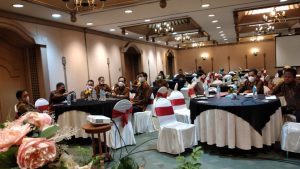 The activity was attended by the Administrators of Student Organizations (Ormawa), Student Activity Units (UKM), ORMAWA Supervisors, and the Academic Support Staff for Student Affairs. Two speakers were invited to the event, namely Susanto, S.Si., DEA., Director of Academic Reputation and Student Affairs UNS, and Dr. Alim Setiawan, S. STP, M.Si., Director of Student Development of IPB.
The activity was attended by the Administrators of Student Organizations (Ormawa), Student Activity Units (UKM), ORMAWA Supervisors, and the Academic Support Staff for Student Affairs. Two speakers were invited to the event, namely Susanto, S.Si., DEA., Director of Academic Reputation and Student Affairs UNS, and Dr. Alim Setiawan, S. STP, M.Si., Director of Student Development of IPB.
At the beginning of his presentation, Dr. Sutanto divides UNS students into two groups: the students who have not participated in Ormawa or UKM and students who have participated in ORMAWA or UKM. “Based on the data from SIPSmart and SIMKATMAWA, students with numerous achievements or championships victory, and those who are active in various students activities such as participating in conferences and other activities, are students who have active participation in ORMAWA or UKM organization. I strongly recommend that students join the existing ORMAWA or UKM or propose new student activity units. We will be ready to facilitate students’ needs,” he said.
Besides joining student associations and organizations, students can also explore their interests and create other innovations. “At UNS, there is still not many organization engaged in IT even though students love digital technology. You can establish an IT community and other communities, submit the proposal to us,” Dr. Sutanto said.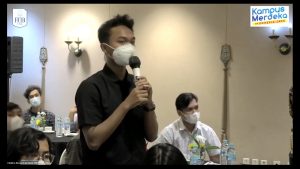
Furthermore, related to the MBKM Program, Dr. Sutanto categorized the program into 2 (two) clusters, namely the Reasoning and Interest-Based, whereas each cluster has its designated PIC. Reasoning cluster includes research, professional internships, student exchanges, teaching assistance, and Thematic Community Service Program. Meanwhile, Interests-based clusters include entrepreneurship, humanitarian projects, independent projects, and national defense.
Dr. Sutanto invites students to join one of the MBKM programs under the 9 (nine) categories provided by UNS, which includes national defense. “Thus, for the Merdeka Belajar program, which one is interesting for you? Do you want to participate in teaching assistance, a village development program, or something else? Mr. Nadiem is simple after you graduate, you cannot just rely on your learning experience in the study program to start a company or work properly. You need multi-disciplinary skills because the world has changed. So start walking there now, toward the nine “ponds” (read: programs) provided by UNS. Start from now, map your skills, your desire to be competent can be covered in this program, all of them,” he said.
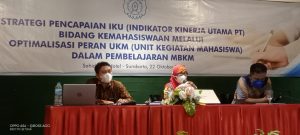
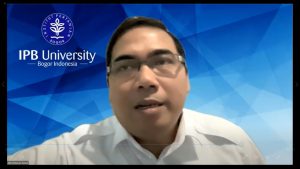 Dr. Sutanto gave an example of how students can carry out MBKM activities, for instance, establishing the Indonesian Generation School, relocating flood-prone areas (a program by FEB UNS students), helping to eradicate malnutrition (UNS student community service in Brebes), assisting the establishment of irrigation system for the agricultural land community, pests eradication assistance, and many other beneficial activities for the community, which can also be recognized under the MBKM program.
Dr. Sutanto gave an example of how students can carry out MBKM activities, for instance, establishing the Indonesian Generation School, relocating flood-prone areas (a program by FEB UNS students), helping to eradicate malnutrition (UNS student community service in Brebes), assisting the establishment of irrigation system for the agricultural land community, pests eradication assistance, and many other beneficial activities for the community, which can also be recognized under the MBKM program.
Meanwhile, the second speaker, Dr. Alim Setiawan, S. STP, M.Si., the Director of Student Development of IPB University, explained curriculum innovation, the tips, and strategies for achieving IKU at the Bogor Agricultural University (IPB). (Humas FEB)

